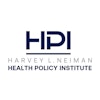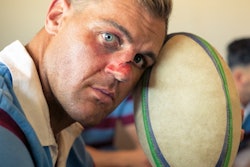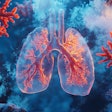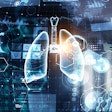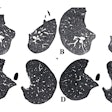Dear AuntMinnie member,
The risk of traumatic brain injury (TBI) during participation in sports raises significant concern among clinicians, particularly regarding long-term effects. And functional limitations can persist well beyond the six-month follow-up, even in patients with mild injuries.
In this month's featured story, we're highlighting research conducted by a team from the U.K. that suggests that clinicians should beware of "taking an overoptimistic view" of outcomes after sports-related TBI. Read more about the group's findings here.
After you've perused that story, navigate over to our CT content area for more coverage of the modality, including a study that explores the effect of an automated protocoling algorithm on radiologist CT workload, another that investigates the use of point-of-care decision support for reducing unnecessary CT imaging, and a third that suggests that customized decision support can reduce CT order errors.
Then check out our coverage of even more CT research, including the following:
- ChatGPT shows promise for helping clinicians diagnose bone tumors -- and it could help identify incidental CT findings.
- Using AI with chest CT can improve cardiovascular disease mortality risk prediction.
- Photon-counting CT mitigates coronary CT angiography's limitations when it comes to quantifying stenosis.
You're invited to stay current on CT's many uses and innovations by visiting our CT content area often, and if you have CT-related topics you'd like us to consider, please contact me.




